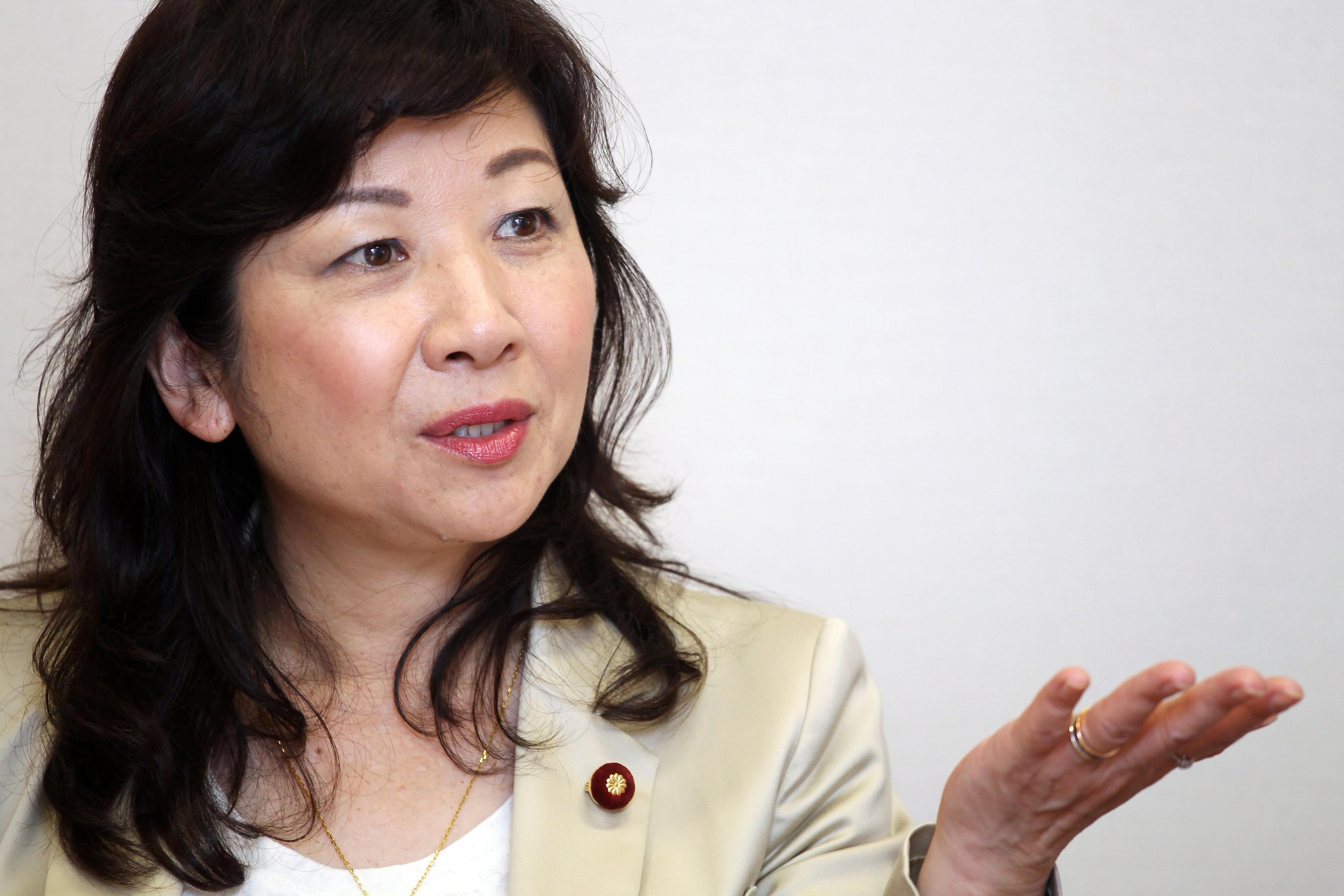
File photo
Japan's former women's empowerment minister Seiko Noda announced her last-minute run for leadership of the ruling party on Thursday, the day before campaigning begins.
The winner of the September 29 vote will become prime minister days later and lead the Liberal Democratic Party (LDP) into a general election by late November.
Noda, 61, has served as internal affairs minister as well as minister for gender equality and women's empowerment, and was at one time hailed as Japan's most likely first female prime minister.
But she is seen as a long shot to win, and her late candidature indicates she may have struggled to gather the necessary support from fellow LDP lawmakers.
She joins vaccine chief Taro Kono, moderate Fumio Kishida and divisive right-winger Sanae Takaichi -- another rare woman at the top of Japanese politics -- in the race.
Announcing her candidature at the LDP headquarters in Tokyo, the veteran lawmaker outlined her vision of a more inclusive Japan.
"I want to create a conservative politics in which those who could not take centre stage before, such as women, children, the elderly and the disabled, can live comfortably in this society," she said.
Noda highlighted her long experience despite her relative lack of political clout, saying she would give details of her manifesto on Friday.
"The policies of each candidate are brilliant, but I can hardly find any policies that can encourage vulnerable people, which I have tackled as a politician," she said.
"Although I don't have much power, I promise to work hard with my colleagues."
Noda has long pushed for greater gender equality, including allowing married couples to have separate surnames.
She gave birth at the age of 50 after undergoing fertility treatment involving a US egg donor, and has pushed to make fertility treatment more accessible in Japan.
General election success is highly likely for the LDP, which has held power in Japan almost continuously for decades.
But the outcome of the party leadership vote is less predictable than usual because most of the major factions have not endorsed a candidate, turning what is often a formulaic event into a rare free-for-all.
Prime Minister Yoshihide Suga had been expected to stand for re-election, but said earlier this month that he was stepping down in a shock announcement.


